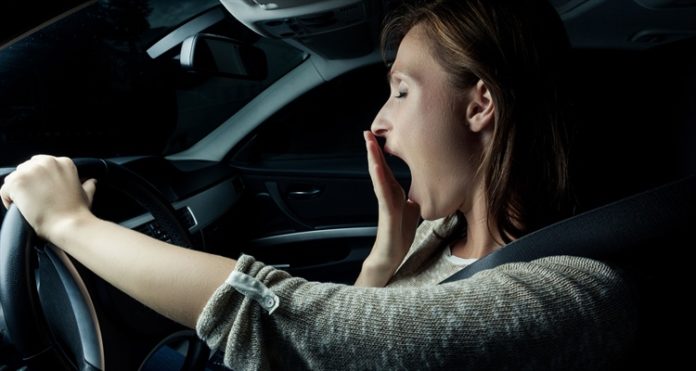The blood test can detect if a driver slept enough to be able to be at the steering
A simple blood test can predict whether a driver is unfit to drive because of lack of sleep.
A unique study from the Sleep Research Centre at the University of Surrey, found that the blood test could detect with 92% accuracy whether a sample was from a sleep-deprived or well-rested individual.
For the study led by Professor Derk-Jan Dijk, 36 participants skipped one night of sleep. During this 40-hour period of sleep deprivation, blood samples were taken and changes in the expression levels of thousands of genes were measured.
“This is a test for acute total sleep loss; the next step is to identify biomarkers for chronic insufficient sleep, which we know to be associated with adverse health outcomes.”
This breakthrough discovery paves the way for a future test which will be able to assess if a driver was sleep deprived.
Previous research in this area from the AAA Foundation for Traffic Safety has shown that drivers who get just one to two hours less than the recommended daily allowance of sleep nearly double their risk for a car crash.
Dr Emma Laing, Senior Lecturer in Bioinformatics at the University of Surrey, said: “We all know that insufficient sleep poses a significant risk to our physical and mental health, particularly over a period of time. However, it is difficult to independently assess how much sleep a person has had, making it difficult for the police to know if drivers were fit to drive, or for employers to know if staff are fit for work.”
The study was published in the journal Sleep.
Professor Derk-Jan Dijk, Director Surrey Sleep Research Centre at the University of Surrey, said: “This is a test for acute total sleep loss; the next step is to identify biomarkers for chronic insufficient sleep, which we know to be associated with adverse health outcomes.”


